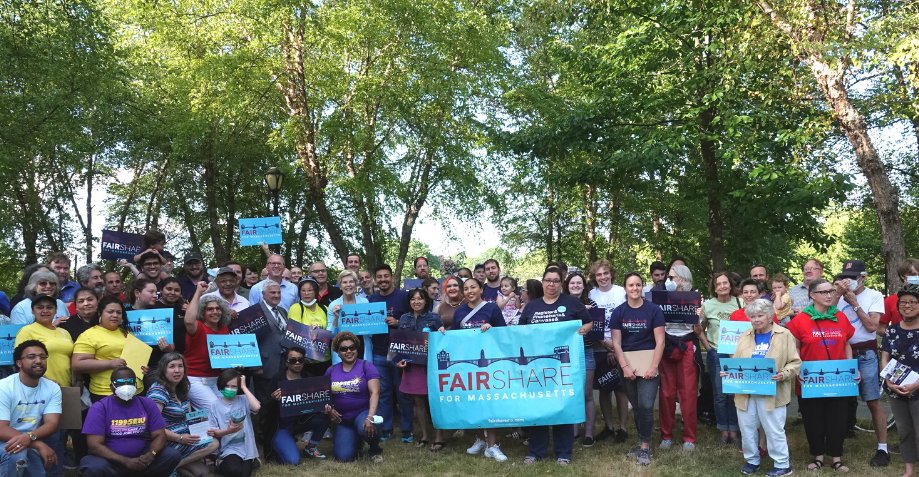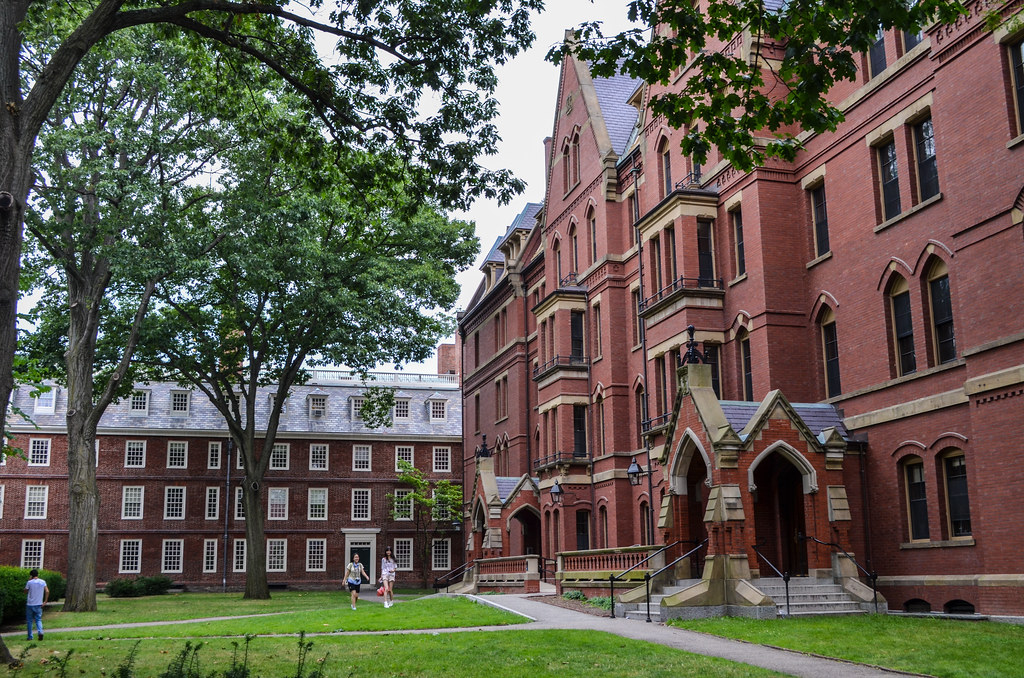Tuesday, May 9, 2023
Chair Eldridge, Chair Day, and Members of the Joint Committee on Housing:
My name is Jonathan Cohn, and I am the policy director at Progressive Massachusetts. We are a statewide, multi-issue, grassroots membership organization focused on fighting for policy that would make our Commonwealth more equitable, just, sustainable, and democratic.
We see it all the time in polls, we hear it on the doors, and we see it in the data: Massachusetts has a housing crisis. More and more residents are unable to afford to live in our commonwealth anymore, priced out from one community to another and then out entirely, or face severe housing instability.
We need a comprehensive approach to the housing crisis, and strong protections for tenants must be a part of it. We urge you to give a favorable report to the following bills:
S.864/H.1731: An Act promoting access to counsel and housing stability in Massachusetts
S.956/H.1690: An Act promoting housing opportunity and mobility through eviction sealing (HOMES)
Right to Counsel (S.864/H.1731): These bills would provide legal representation for low-income tenants and low-income owner-occupants in eviction proceedings. The eviction moratorium that the Legislature passed earlier in the pandemic was a vital lifeline for so many, but eviction filings have now been climbing past what they were in 2019, pre-pandemic. Tenants enter such eviction proceedings at a major disadvantage: according to FY2022 Trial Court data, while 86% of landlords are represented, only 11.5% of tenants are represented. Tenants facing eviction are disproportionately poor, female, and BIPOC, and evictions can have lasting negative impacts on physical and mental health. Connecticut, Maryland, and Washington have already passed Right to Counsel policies, and Massachusetts should join them.
HOMES Act (S.956/H.1690): Having an eviction record is creating a devastating barrier for tenants looking for housing. Records are created as soon as a case is filed and are publicly available forever––regardless of the outcome. These records impact people’s ability to obtain housing, credit, and employment, harming many, especially women and people of color.
Regardless of whether one does anything wrong or is actually evicted, being party to an eviction or housing case is being unfairly held against tenants when they try to rent a new place. Even winning in court hurts tenants. However, there is no current process by which a tenant can seal an eviction record, as there already is in states such as California, Colorado, Illinois, Minnesota, Nevada, New Jersey, Oregon, Utah, and Texas.
Notably, the Legislature already passed language around eviction sealing in early 2021, only for it to fail to become law due to a last-minute veto by former governor Charlie Baker. We urge you not to wait longer before bringing this issue back up, and we urge you to strengthen the language of these bills to allow eviction sealing to be automatic in certain cases, as opposed by merely by petition: the families facing eviction are least likely to be able to navigate a maze of paperwork.
Sincerely,
Jonathan Cohn
Policy Director
Progressive Massachusetts






